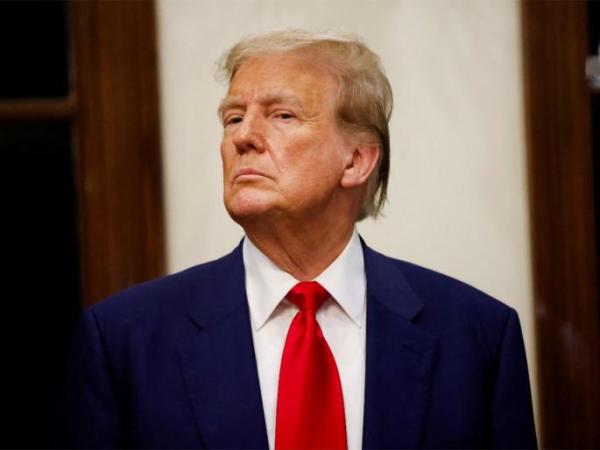
In order to “enforce basic and necessary election protections” used by contemporary, developed, and emerging countries, US President Donald Trump issued an executive order on Tuesday (local time) that would restructure the country’s federal elections.
The US president said that voters would now need to provide evidence of citizenship during federal elections and that states will have a shorter window for receiving mail-in ballots, citing precedents from India and a few other countries.
The decision states that whereas the US mostly depends on self-attestation of citizenship, which raises problems about verification, nations like Brazil and India have connected voter identity to biometric databases for increased accuracy.
Furthermore, it said that whereas the US uses a variety of voting technology, which often results in chain-of-custody problems, Germany and Canada require paper votes to be tallied openly by local authorities as a technique that minimizes disagreements.
Further discrepancies are also highlighted in the order, which cites examples of how many US states have embraced widespread mail-in voting, with some accepting ballots without postmarks or those arriving well after Election Day, while Denmark and Sweden limit mail-in voting to those who are unable to vote in person and reject late-arriving ballots regardless of postmark.
For instance, the United States mostly uses self-attestation for citizenship, whereas Brazil and India are linking voter identity to a biometric database. In contrast to the American patchwork of voting procedures that may result in fundamental chain-of-custody issues, Germany and Canada mandate the use of paper ballots for vote tabulation, which are tallied in public by municipal authorities. This significantly lowers the amount of disputes,” the ruling said.
“Further, while countries like Denmark and Sweden sensibly limit mail-in voting to those unable to vote in person and do not count late-arriving votes regardless of the date of postmark, many American elections now feature mass voting by mail, with many officials accepting ballots without postmarks or those received well after Election Day,” the notice stated.
The order requires the Election Assistance Commission to update its national mail voter registration form within 30 days. The updated form must include a detailed recording of the document by state or local officials, along with documentary proof of US citizenship, such as a passport, military ID, REAL ID-compliant identification, or other government-issued photo ID indicating citizenship.
Additionally, the Secretary of State will disclose pertinent database information, and the Secretary of Homeland Security must grant open access to citizenship verification systems to state and local authorities in order to identify disqualified voters.
The judgment also said that before sending voter registration forms to public assistance participants, federal agencies under the National Voter Registration Act are required to confirm citizenship.